Candidate Endorsement of Court Expansion Will Not Produce an Electoral Backlash
Over the past year, supporters of reforming the Supreme Court have made tremendous inroads. Today—after decades of the issue being treated as taboo—there is widespread discussion of judicial reform, including the idea of adding justices to unpack the Court after Mitch McConnell’s partisan power grab in 2016. The rapid sea change reflects growing recognition of a stark reality: the stolen Supreme Court is likely to kill any effort to protect the rights and values Americans’ hold most dear. Climate action; reproductive freedom; gun safety; voting rights; fair elections. All are at the mercy of an ill-gotten majority of activist justices.
Still, for many of the leaders with whom I discuss court reform, old fears die hard. These leaders are well aware of the threat posed by the Supreme Court. But they worry discussion of judicial reform, especially court expansion, will have electoral consequences, and could influence the outcome of future elections Specifically, many political observers believe that conservative voters care more about courts than progressive voters, and that campaign trail discussion of judicial reform could provoke an electoral backlash.
To test this belief, I designed an experiment with Northwestern University Professor James N. Druckman, a leading experimentalist in the academic field of political science, and we conducted our experiment with the help of 2,400 residents of Michigan, Minnesota, Ohio, Pennsylvania, and Wisconsin, all of which are swing states. Our research design was quite rigorous, and involved multiple, distinct tests. Respondents were divided into multiple treatment and control groups, so we could compare intention to vote and Democratic and Republican vote share in several scenarios, including one in which the Democratic candidate advocated court expansion and the Republican candidate argued against it.
No matter how we sliced and diced the data, our findings were consistent across all of our tests: There was no significant difference in either turnout or vote share in any of the various scenarios, and our results indicate there is likely to be any electoral effect, positive or negative, of a candidate endorsing court expansion.
Thus, based on our robust experimental results, candidate endorsement of court expansion is not expected to produce an electoral consequence.
American democracy is under attack, and the climate clock is ticking. Access to affordable health care and economic security are at stake. We cannot and should not shy away from discussions about how to revitalize democracy, especially when reticence is based on assumptions that are inconsistent with the most rigorous research and experiments that have been conducted on the topic.
